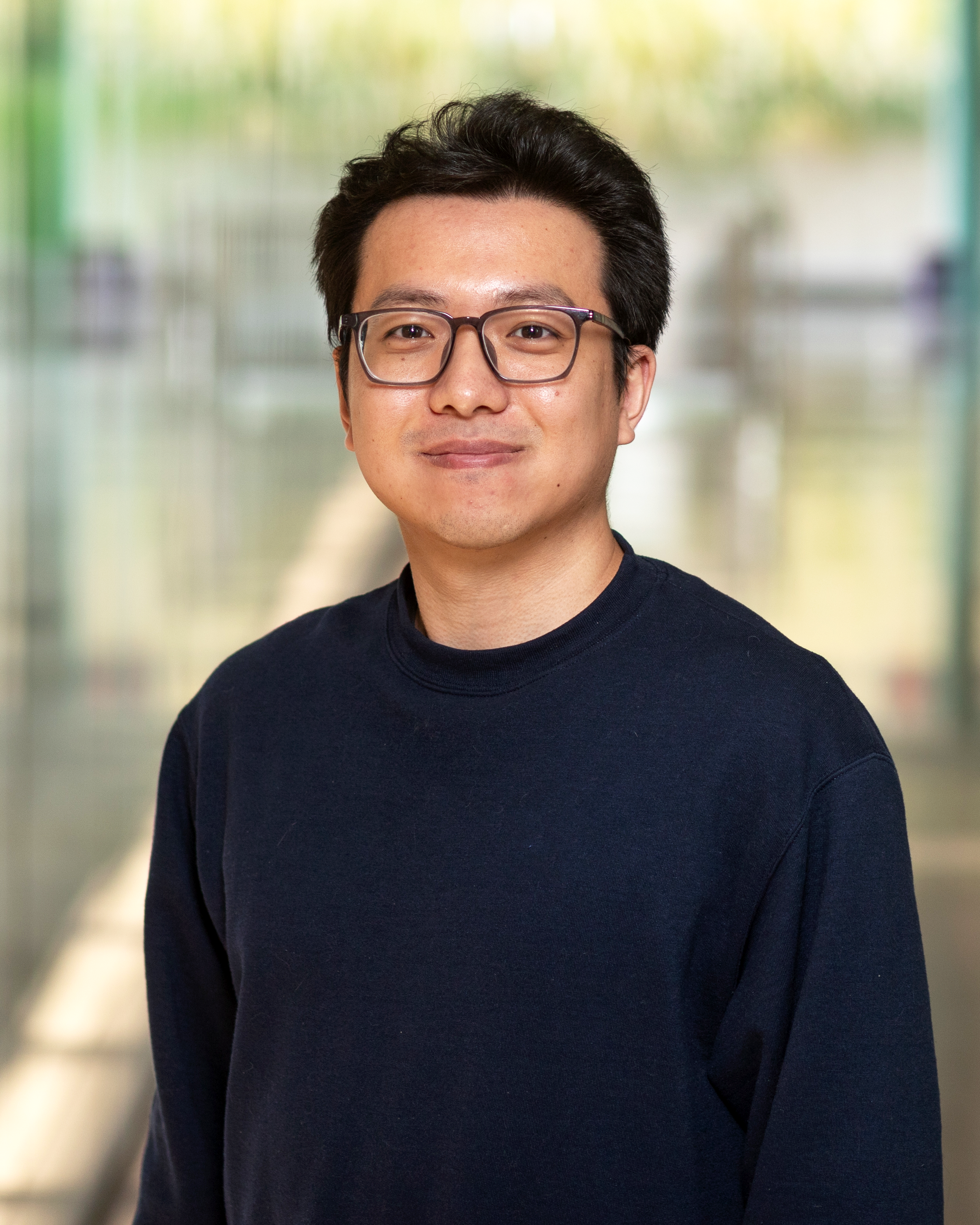
Dissertation Defense
Reliable and Adaptive Sensor Localization and Wireless Communications using Deep Learning
This event is free and open to the publicAdd to Google Calendar

PASSCODE: ECE1202
The Internet of Things (IoT) holds immense potential to transform fields such as smart homes and transportation. In recent years, deep learning-based artificial intelligence (AI) algorithms have further advanced the development of IoT systems, providing powerful tools to address complex challenges. This dissertation examines two key IoT issues: GPS-less sensor localization and wireless data transmission, and explores the role of deep learning algorithms in addressing these issues.
The dissertation presents three major works. The first work introduces an adaptive deep visual-inertial odometry (VIO) framework that reduces computational redundancy by selectively disabling the visual modality. This is achieved through a policy network that dynamically deactivates the visual feature extractor based on the current motion state inferred from IMU readings. The second work focuses on deep joint source-channel coding (JSCC) for wireless image transmission, presenting an adaptive deep JSCC framework capable of supporting multiple transmission rates using a single network. This method also learns to select the optimal transmission rate based on image content and channel conditions. The third work integrates deep JSCC with the Stable Diffusion (SD) model to enhance the perceptual quality of reconstructed images, particularly under limited bandwidth and low SNR conditions. It leverages multimodal visual and textual features extracted from received symbols to fine-tune the pre-trained SD model. These contributions illustrate the significant potential and advantages of AI algorithms for addressing various IoT applications.
CHAIR: Professor Hun-Seok Kim
 MENU
MENU 
